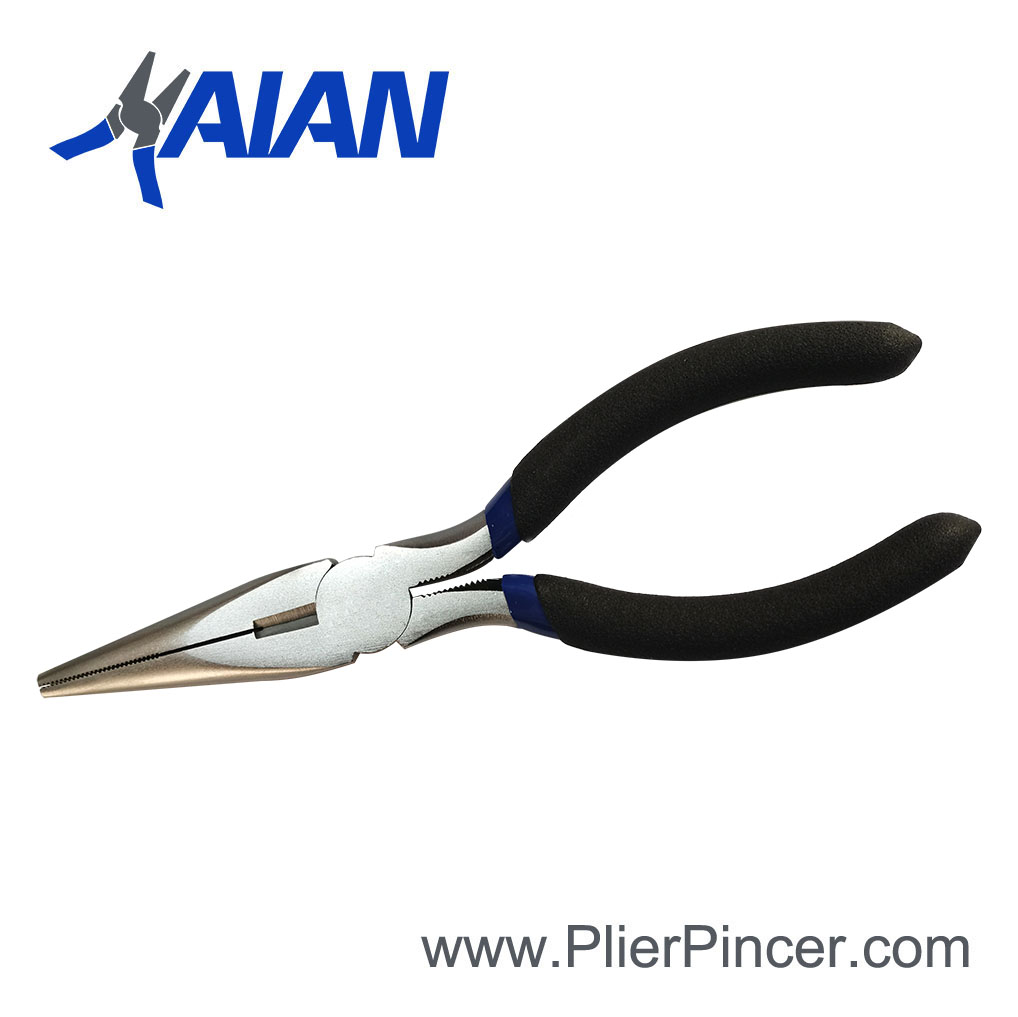
Long Nose Pliers Needle Nose Pliers
Artical No.: HA210912
Size: 6″ 8″
Material: Carbon Steel, Chromium-vanadium Steel
Surface Finishing: Fine Polished, Blacked, Chrome Plated, Nickel Plated, Peal Nickel Plated, Blacked Nickel Plated, etc.
For cutting hard and soft wires
For holding, gripping, bending and cutting work
Cutting edges inductively hardened
With cutting edge and burner hole
With long flat-round jaws
Serrated inside jaws
Integrated ring spanner
Handles with ergonomically shaped Soft Grip multi-component sleeves
Soft Grip handles with System Socket for holding optionally available accessories, e.g. the easily attached System Clip for fall protection
Made of tool steel, forged, oil-hardened
What is Long Nose Pliers
The long nose pliers are a tool that is useful to electricians, engineers, artisans, and other field individuals in holding and cutting materials especially in areas where it’s difficult to do so with bare hands such as narrow ends. The tool’s unique feature of having a long nose makes it more usable and easy to handle.
The usefulness of Long nose pliers is discussed under various topics which are as pointed out below:
Long Nose pliers functions and their usefulness
Majorly, the Long Nose pliers have a range of functions as pointed below:
Long Nose Pliers are used in either displacing, cutting on bending wires. Thus they can be used by different individuals in different occupations but mostly by engineers.
Their long shape feature enables the pliers to be used in reaching out into very tinny areas with materials such as wires and cables held or out of reach either using fingers or any other means.
The tool can be used to cut nails of up to 8-inches thickness still maintaining a comfortable handgrip.
More content: What are the Pruning Shears Uses?
Long Nose pliers parts
The tool is made up of different parts and which have uniques contributions to the functioning of the pliers. They include the following:
The Nose- This is the tip/head of the pliers and which usually impose the gripping effect. They open and close alternatively to clamp whatever object you are intending to hold or cut. They have a pointed long nose to be able to reach and work on tight spots where other means are not an option.
The Cutter- This is the surface of the tool that cuts wires or tiny metals. It can be having a serrated or sharp blade depending on which brand of pliers you are using. Also, the cutter can either be position in between the nose of the pliers at the jaw point and in other cases, the cutter is found on the outer side of the handle.
Pipe Grips- These are round openings in the jaws of the pliers and are used to grip and hold round objects such as sizeable pipes and metals.
Fulcrum- Also known as the pivot. It is the point where the jaws and the handle join. The Fulcrum allows/creates a force impact on the jaws when performing a certain task.
Handles- This is the hand gripping surface where an individual holds the tool. To move the nose and jaws of the pliers, you have to squeeze the handle. Different pliers have different handle covers such as plastic covers, electrical proof insulated handles, ergonomic handles and solid metal handles.
Needle-nose pliers (also known as pointy-nose pliers, long-nose pliers, pinch-nose pliers or snipe-nose pliers) are both cutting and holding pliers used by artisans, jewellery designers, electricians, network engineers and other tradesmen to bend, re-position and snip wire.
Click to see full answer.
Then, what are long nose pliers used for?
Long nose pliers, also known as needle nose pliers, are most commonly used for detailed work with wire, allowing the user greater control when bending, gripping and cutting. The long and thin shape of the jaws gives greater precision and also makes them useful for accessing areas where regular pliers can’t reach.
Similarly, what is the difference between flat nose and chain nose pliers? chain nose have a round tapering point while flat nose have a flat side. The flat nose pliers are easier to use to grip something. The chain nose are often used in jewelry making for wrapping material to make a small circle/loops.
One may also ask, what is the meaning of long nose?
A long nose can also be defined as a nose that is slightly protruding out, but does not appear to be too wide. The long nose is normally narrow in appearance. As the front is quite long, this means that the bearer needs to be careful in their endeavors. It is generally believed that this person is not gullible.
How do you use long nose pliers?
The nose on pliers is the two-part mechanism that meets together to grip when the jaws of the pliers are closed.
Find the right long-nose pliers.
Open pliers carefully.
Get into small areas with long-nose pliers.
Bend or shape wire with long-nose pliers.
Cut wire with long-nose pliers.
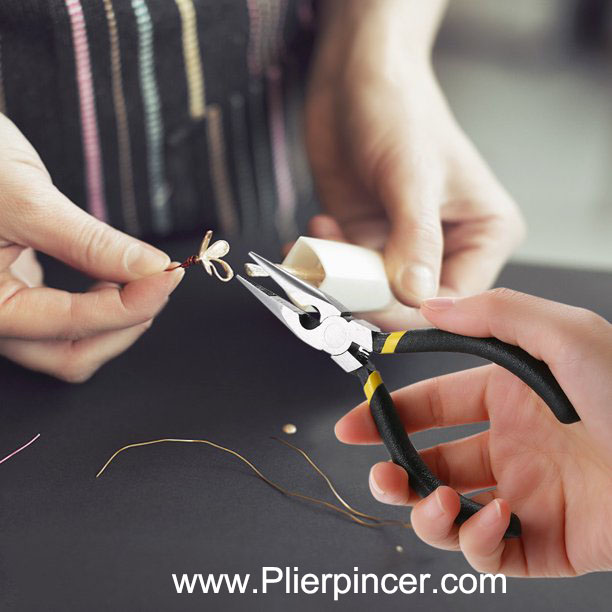
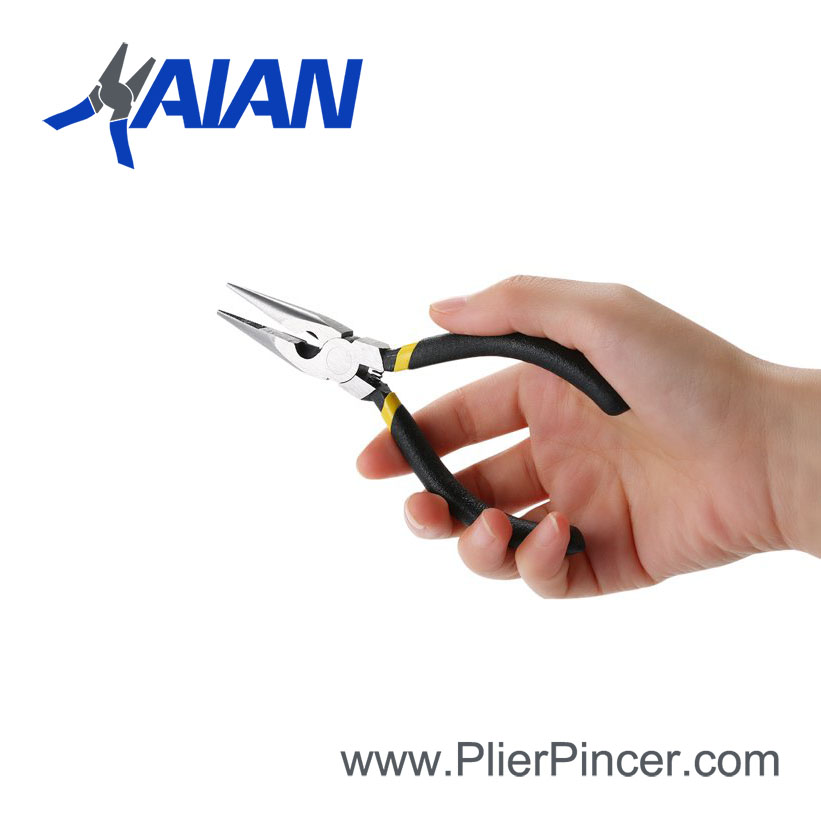
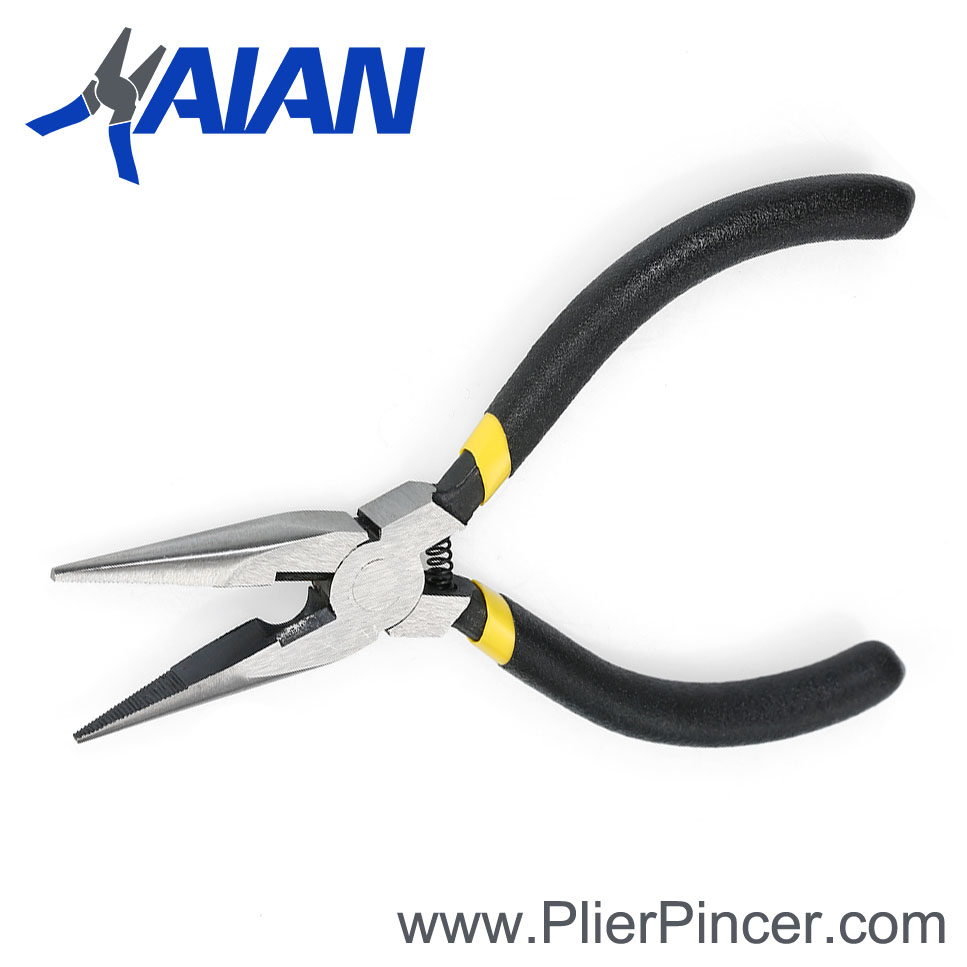
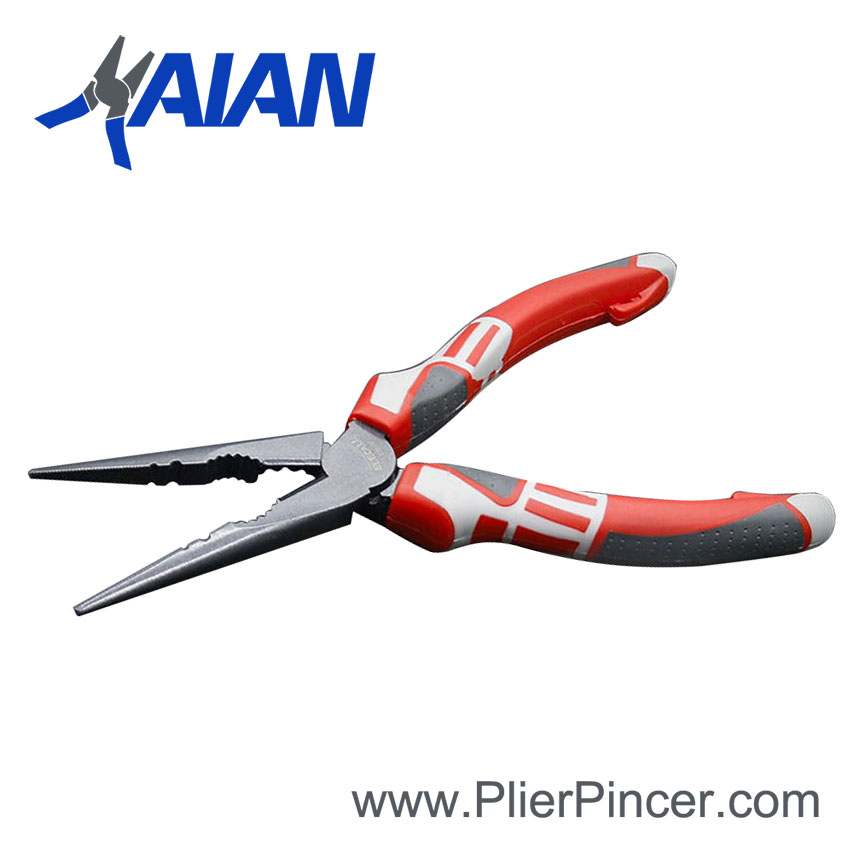
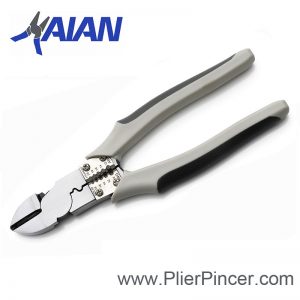
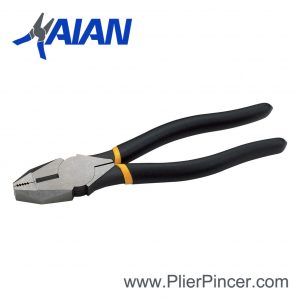
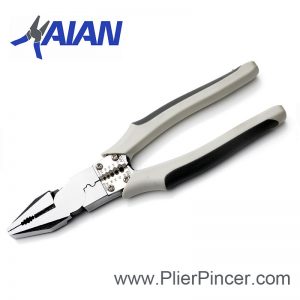
Reviews
There are no reviews yet.